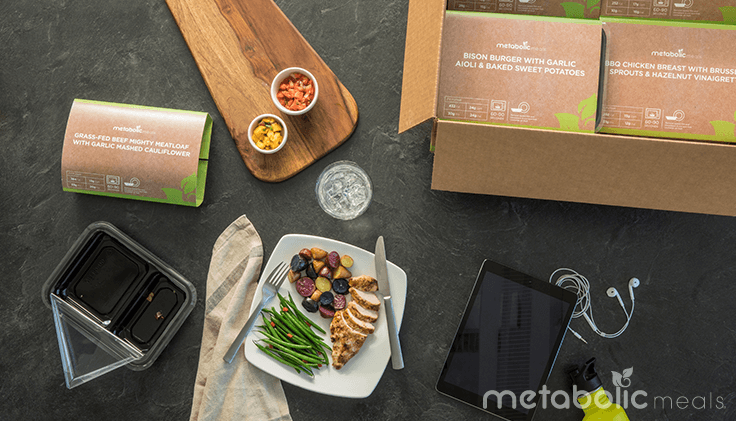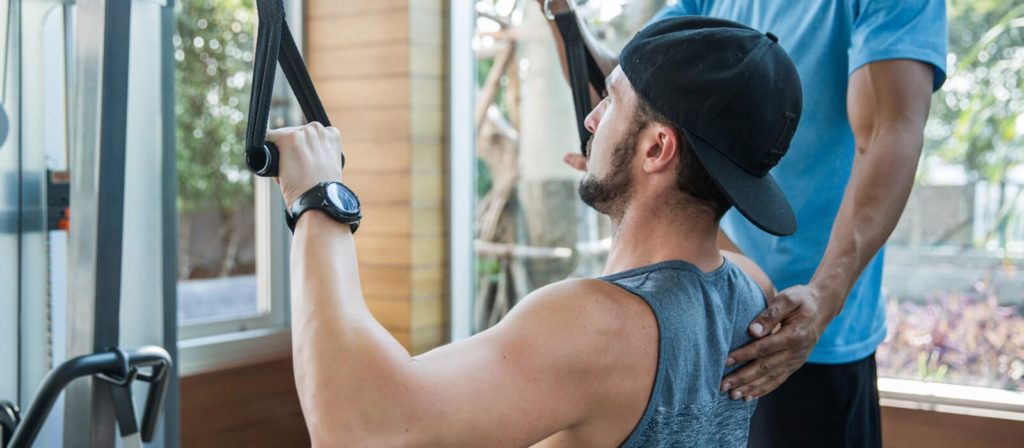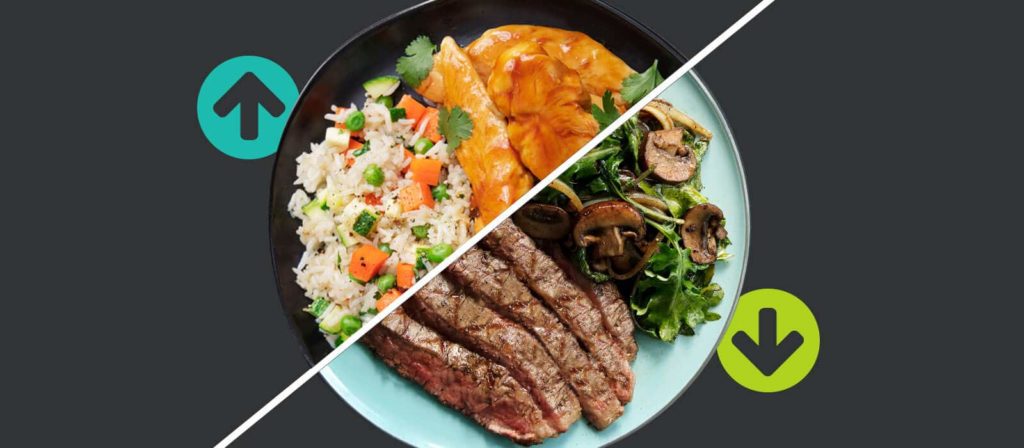Washington Redskins quarterback Kirk Cousins started a serious football career during his freshman year at Michigan State University — but he didn’t start thinking about nutrition until years later. We talked to Kirk about how he changed his eating habits — and incorporated Metabolic Meals — to improve his overall health and further his career.
Metabolic Meals: You had a great career at Michigan State. Could you talk to us a little bit about the success you had while you were there?
Kirk Cousins: I was there for five years. I redshirted during my freshman year and then was a backup to Brian Hoyer, who’s now an NFL quarterback as well. My third year was when I started playing, and I played for years three, four, and five at Michigan State. That was 2009, ’10, and ’11. We tied for a conference championship one year and played in the championship game my senior year. We won the Outback Bowl against Georgia in my final college game. I’ll forever be a Michigan State Spartan at heart, so I’m very fortunate I got to play there. I thought it prepared me well for the professional ranks.

MM: How much focus did you put on nutrition during your college years?
KC: When I was a freshman in college, I knew nothing. All I knew was that I was skinny and that I needed to gain weight. As a result, I started eating everything in sight, and that meant eating a lot of things that I shouldn’t have been eating — stuff that I was allergic to or that I had sensitivities to — and my body just started feeling sluggish. I was tired all the time. I would get sick and wouldn’t know why. About halfway through college, other people started to reach out and teach me that what you put in your body as an athlete is like the gasoline you put in your car. If you want to be a premium athlete, you’ve got to put in premium fuel. You can’t just be going to the college cafeteria and getting the mashed potatoes, the pizza, the processed foods, and soda and then expect to be able to perform at a high level. I then realized the importance of organic food and free-range food, and the importance of trying to eat things that are close to the way God intended them, not being changed by people and machines. I started eating that way gradually and have gotten more and more disciplined at it. But it was tough in college, because all you really have is a cafeteria. I’m not a good cook, and I didn’t have time or energy between classes and sports to be able to cook, and so I was really limited in my options. When I discovered Metabolic Meals in the pros, it was a complete game changer for me.
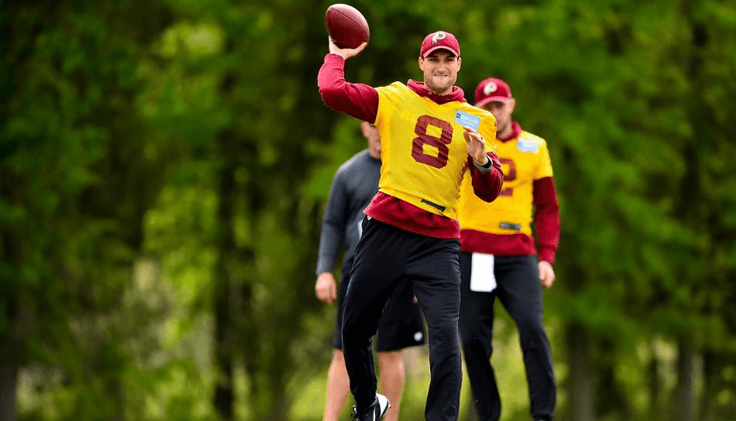
MM: You were drafted in the fourth round by the Redskins in 2012. How much different has your physical preparation changed at the pro level versus college days?
KC: Fortunately, I don’t have to go to school anymore, so I have more time and energy to devote to being at the top of my game. The competition is that much better, too, because the other quarterbacks I’m being measured against aren’t going to school, either. This is a full-time job for them. The best of the best take it seriously. It’s not a hobby. As a result, I have to be eating really, really well. I have to be sleeping really well. I have to be maximizing my time when I’m at the football facility. All those things help give me the upper hand against the competition.
I notice greater energy levels when I eat correctly. My weight stays where it needs to be. I recover from injuries better. Diet has been very, very important for me. I’m about to be 29 years old, and I want to play pro football well into my 30s, so I have to be proactive right now. I’m going to be either paying for or benefiting from what I do in my 20s when I’m 35. I absolutely want to be 35 and look back at my actions at ages 27, 28, and 29 and say, “Thank you. Thanks for eating healthy. Thanks for doing the right things, because now at 35 I can benefit from it.”
MM: How did you find out about Metabolic Meals, and why did you choose us to help with your meal prep?
KC: Your company is based out of Missouri, and Will Compton, a linebacker and captain for our team, is also from Missouri. He introduced me to Metabolic Meals. We were sitting down for a meal, of all things, at the football facility, and he explained that he had these meals at home that he could just heat up and eat, and that they were shipped to him. I asked him about them, and he explained that it’s high-quality, lean, organic, free-range food, which checked all the boxes I needed to check. It almost sounded too good to be true, so I was a little skeptical, but I have great respect for Will, so I reached out.
Sure enough, it was as good as advertised. It’s just been phenomenal. When I have family visit and they eat it, they can’t believe how good, efficient, and simple it is. It’s been a thrill for me. It gives me much more time to be efficient in the rest of my life, so I’m not spending time and energy on eating healthy like I otherwise would have to. My only regret is that I didn’t learn about it sooner. It probably took me until my third year in the pros to really learn about it. If I’d had this in high school and college, it really could have been even more of a game changer.

MM: Earlier, you mentioned paying close attention to foods that cause inflammation for you. How has knowing which foods work well for your body helped you?
KC: I’ve had blood work done to show my food sensitivities and foods that my body might not respond quite as well to, even though I might have thought they were “healthy.” For me, a lot of that is gluten and wheat. Many times, I was eating whole-grain pastas I thought were good for me, but because it was filled with wheat and gluten, it wasn’t the best thing for my body. That’s where Metabolic Meals has been such a benefit, because there are pastas that have a brown rice base or pastas that are gluten-free. There are some different foods that I can eat that don’t hurt me from a food sensitivity standpoint and yet can still provide what I want to eat, types of things I’m used to eating. I can still meet those needs. It’s just a perfect match.
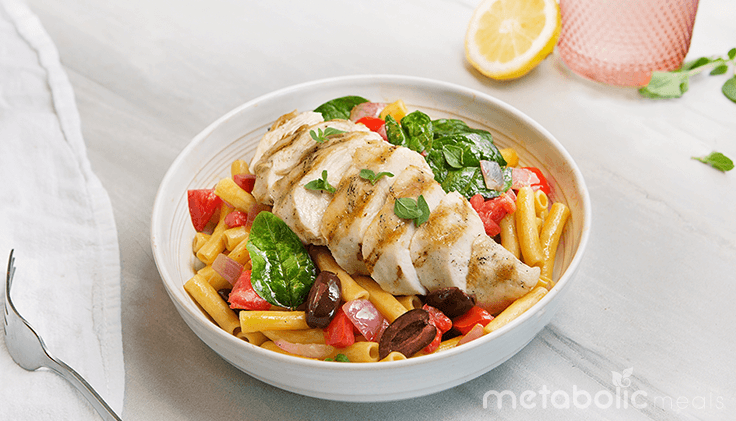
MM: We’ve noticed a very large influx of professional athletes using our service. Do you feel more athletes are finally embracing nutrition to improve performance and increase their longevity in the league?
KC: I think that as more research comes out, there’s a better understanding of how our bodies respond to diet, inflammation, and surgeries, and how all of that is related to our bodies being at peak performance for our sport. I think this space is only going to grow. Everyone’s doing the old stuff like weightlifting and running, so you can’t get a leg up on the competition that way anymore. But not everyone is eating clean, so as professional athletes, we see that as a way to be better and have our careers last maybe a little bit longer than the next guy’s. It’s a huge advantage and something that I highly recommend. Teams want control over individual athletes, and that’s why they provide cafeterias for us and they have chefs that cook us food. But they can’t control what we’re putting in our bodies once we leave the building — that’s why I think teams need to sign up as well. That way, colleges and pro teams can ensure that their investments in the athletes are going to return dividends by providing clean, healthy food for all the players while they’re not at the facility. Metabolic Meals really can meet a lot of needs for a lot of different people, but certainly in athletics, both on the player and the team’s side, there’s a major benefit.

MM: What are your three favorite meals to get from us?
KC: It’s tough because you make some really good desserts — the cookies, the blueberry muffins, the cinnamon roll breakfast loaves, they’re all really good. Your eggs are also amazing. I’ve never had scrambled eggs that taste so good, and I’m not just saying that. I love the pasta dishes and the enchilada casserole. I could go on and on. Sometimes, we even just get the chicken breast and the four-pack of grass-fed burgers. Really, I can eat those plain, they’re that good. It’s easier to eat clean when it tastes this good and is this convenient. It makes something that used to require a lot of discipline much easier.
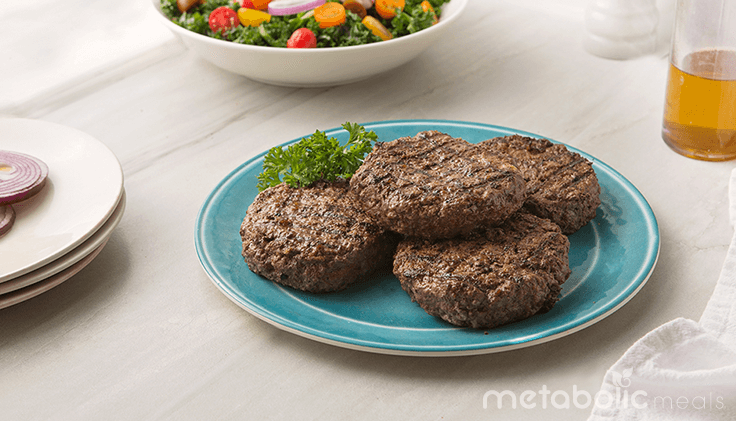
MM: Do you have any last thoughts you want to pass along?
KC: Your distribution system is impressive. I still don’t quite know how you do it. My wife and I live in Washington, D.C., for much of the year, but we’re also in Atlanta and Michigan a lot, and we travel for speaking events throughout the year. As a result, we often have to have our meals shipped to different places. Without fail, they show up on time at our doorstep, wherever that may be, and they’re always well-packaged and ready to go. It’s impressive. I can’t believe that’s an easy thing to accomplish and get done, but it does get done.
Overall, we’re big believers in Metabolic Meals, and we want to get the word out so as many people as possible can understand what it means to be able to eat clean while still having a very busy lifestyle. It can be done, and Metabolic Meals is there to make it happen.
